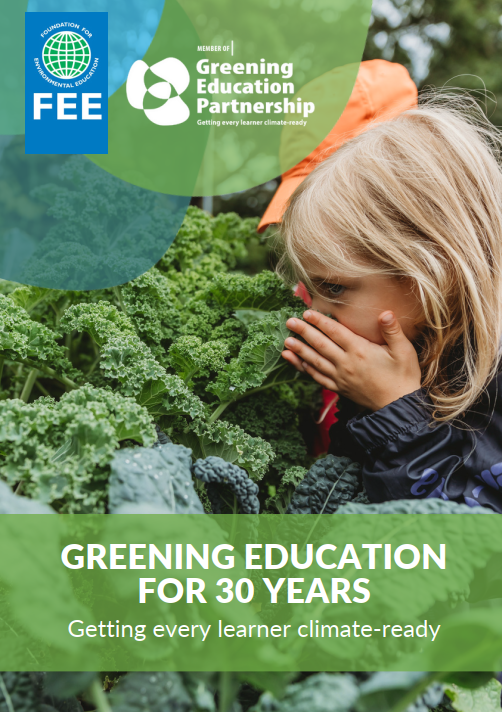Our Commitment to the Greening Education Partnership
The Greening Education Partnership is a global initiative that takes a whole-of-system approach to support countries in tackling the climate crisis by harnessing the critical role of education. As a collaborative platform for governments and other stakeholders including inter-governmental organizations, civil society, youth, academia, and the private sector, Greening Education Partnership aims to deliver strong, coordinated and comprehensive action that will prepare every learner to acquire the knowledge, skills, values, and attitudes to tackle climate change and to promote sustainable development. (UNESCO)
Vision: From early childhood through adult education, work to ensure that all schools achieve green school accreditation, including teacher training and higher education institutions.
Goal: All countries will have adopted a green school accreditation scheme with at least 50% of schools, colleges, and universities with green accreditation and operating sustainably.
How is FEE contributing to Greening Schools?
As the biggest and the most established network of schools actively integrating ESD, Eco-Schools provides a structured and recognised framework to help ensure that this goal is reached not only in quantity but also in quality.
Our tried and tested Eco-Schools Seven-Step framework, a project-based learning methodology, has already been implemented in 95 countries. It will allow your schools to incorporate the highest green school standards, and therefore meet GEP criteria and get accredited by an official GEP partner.
The Eco-Schools methodology is about a whole-school approach. Once you successfully embed the Seven Steps in your school, you can apply for and be awarded the Green Flag. The ultimate symbol of engagement for a sustainably minded and environmentally conscious school community.
Download the Eco-Schools x Greening Education Partnership brochure here.
Vision: Embrace a life-long learning approach that integrates climate education into school curricula, technical and vocational education and training, workplace skills development, teaching materials, pedagogy, and assessment.
Goal: The number of countries which include climate education in school curricula at the pre-primary, primary, and secondary levels will have at least doubled from the current ~45%.
How is FEE contributing to greening curriculums?
For almost thirty years, FEE has been working with national partners to integrate ESD and climate change education in many thousands of nurseries, schools, and colleges from the bottom up. The Eco-Schools Seven Step process guides a ‘whole institution approach’ in which schools identify their most pressing environmental challenges, re-orientate curriculum learning around these and co-create solutions to address them. The result is meaningful place-based and project-based learning whereby students can understand, act upon and make an immediate impact towards climate change mitigation and adaptation.
For GEP Pillar 2, FEE is supporting our members in their advocacy efforts at the national level. We will encourage our members to share their expertise in ESD curricula and pedagogy with ministries and national partners, demonstrating a quality approach to greening education curriculums in their own national context.
Several FEE members are already leading the way in creating a GEP roadmap in partnership with their national Ministries of Education.
Vision: Support teachers and policymakers through the integration of climate education in pre-service and in-service teacher training, building the capacity of school leaders and key education stakeholders.
Goal: All school leaders and at least one teacher per school will have been trained on how to integrate climate education into teaching and learning throughout the school.
How is FEE contributing to Greening Capacities and Teacher Training?
In 2021, FEE launched our online learning site, FEE Academy, to support the professional development and capacity building of our members and their networks in ESD and Climate Change Education approaches and strategies. Courses available for teachers include ‘Climate Change Education – From Knowledge to Action’, ‘Eco-Schools Seven Steps – A Project Based Learning Best Practice’ and ‘Learning & Teaching about the SDGs’ available in English, French, Spanish, Italian and Norwegian. Since our launch, these courses have been taken by thousands of teachers representing hours of teacher training on ESD.
Please visit www.feeacademy.global to create an account and take part!
For GEP Pillar 3, FEE will continue to grow our teacher training offering, translated into more languages, to reach more teachers worldwide. We are also aiming to develop our FEE EcoCampus programme with materials specifically aimed at supporting ESD and Climate Change education capacities in teacher training colleges.
Vision: Engage the entire community by integrating climate education in life-long learning, in particular through community learning centres and learning cities.
Goal: All countries will be able to report at least 3 different ways learning opportunities are made available for adults outside the formal education system to develop the skills, attitudes, and actions that will foster community resilience to tackle climate change.
How is FEE contributing to Greening Communities?
Young people involved in the Young Reporters for the Environment programme raise awareness of local environmental challenges through researching and reporting through various media, including articles, videos and photographs.
By raising awareness of environmental issues in their communities, Young Reporters play an important role in inspiring their community to take action to tackle climate change, thereby fostering community resilience.
Download the YRE x Greening Education Partnership brochure here.








